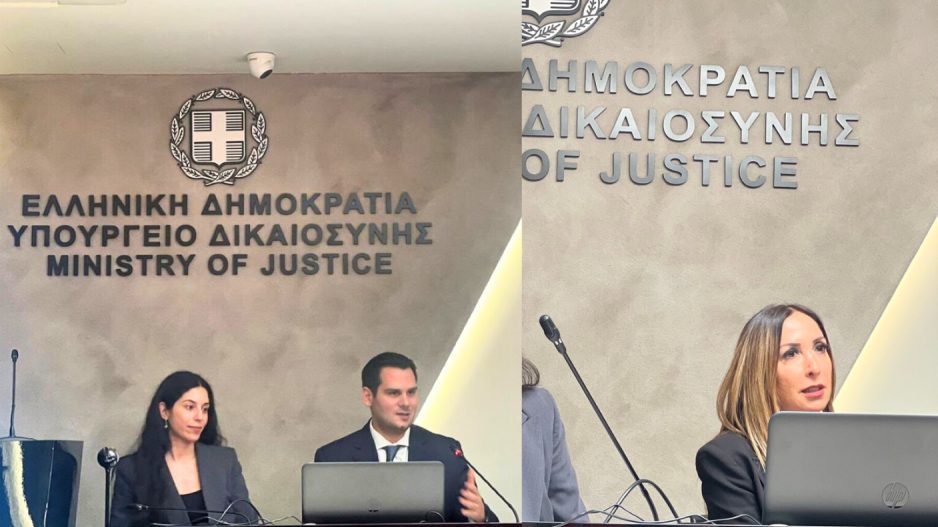Capacitor Partners and IMR Deliver Strategic Insights for Digital Transformation of the Hellenic Judiciary
The Greek Ministry of Justice, has initiated a sweeping digital transformation aimed at speeding up legal processes, modernizing infrastructure systems, and augmenting digital competencies within the judiciary system. This initiative is part of the TJENI project implemented by the Council of Europe and funded by EEA and Norway Grants fund for Regional Cooperation, which focuses on increasing the transparency of judicial decisions and bolstering the implementation of the European Convention on Human Rights (ECHR).
Research undertaken by IMR and Capacitor Partners has played an important role in understanding both internal and external users' perceptions of this digital transformation. Through extensive surveys and analyses, IMR has gathered insights into the impact, effectiveness, and potential of digital advancements in the justice system, as well as identifying priority areas for training and functionality enhancements.
Capacitor Partners in particular, has been instrumental in analyzing user feedback and crafting a detailed plan for the rollout of digital transformation initiatives. Their comprehensive roadmap proposes a phased approach over a specified timeline, ensuring that the judiciary's transition to digital platforms is smooth and efficient.
The findings and initial analysis were presented at a workshop on April 10th, organized by the Greek Ministry of Justice and the Council of Europe. The event was attended by a diverse group of experts and aimed at fostering transparency and strengthening the quality of judicial decision-making through the integration of specialized tools and solutions.
The project “Foster Transparency of Judicial Decisions and Enhancing the National Implementation of the ECHR” is implemented by the Council of Europe in 7 CoE member states (Cyprus, Greece, Hungary, Lithuania, Poland, Romania and Slovenia). This transformation is expected to significantly improve the efficiency, accessibility, and quality of judicial services, aligning technological upgrades with the judiciary's needs and enhancing the public's trust in the legal system.







